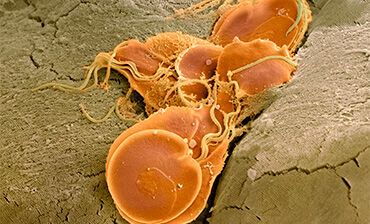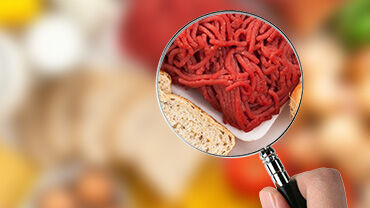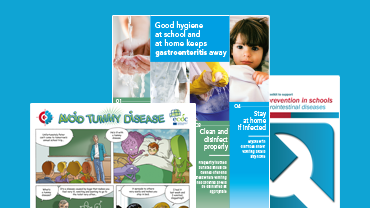Giardiasis

Giardia lamblia (Giardia intestinalis and Giardia duodenalis are synonyms) is a cyst-producing parasite, able to settle in the human and animal bowel. The parasites could cause disease equally in humans and animals such as dogs, cats, cows and sheep. In the environment, major reservoirs of the parasite are contaminated surface waters.
Infected individuals can remain without symptoms or (three to 25 or more days later) develop either acute or chronic diarrhoea. Bloating, fatigue, and malabsorption of vitamins and fats may occur. Infants and children are at a particularly increased risk of infection.
A major pathway of disease transmission is personal contact with infected patients or exposure to food or water contaminated by them. Thus, individuals in nursing homes or day-care centres are particularly susceptible to outbreaks.
Giardia cysts can survive for extended periods of time in the environment and chlorination of water alone cannot inactivate them. Therefore, cases among hikers or backpackers in wilderness areas are common, and waterborne outbreaks due to inadequate treatment of drinking water are common.





